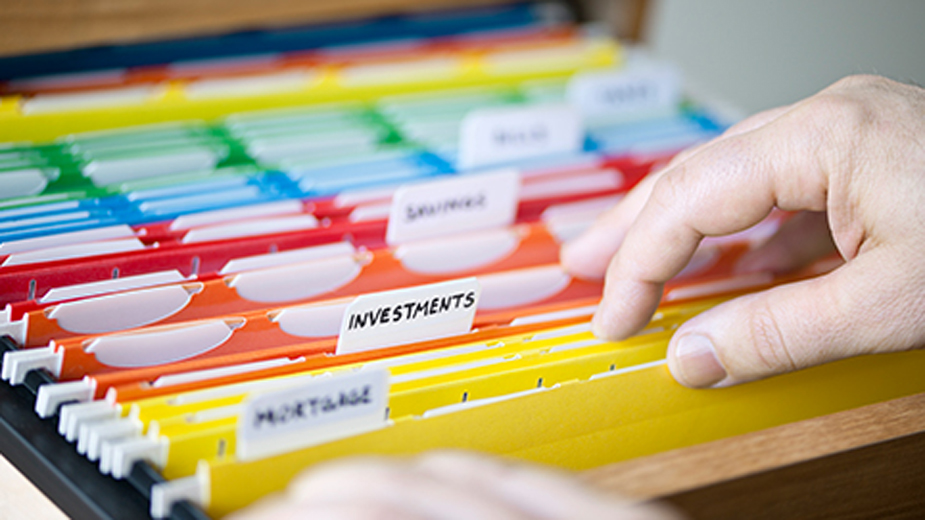How Long Should You Keep Financial Documents?
PITTSBURGH – As you get your financial records in order, it’s important to think through how to keep and store your most important documents, but also know what you can shred, according to PNC Bank’s senior wealth strategist Jim Benedict.
“Actually, many people hold on to documents for much longer than they need to,” reports Benedict.
It’s good to be careful with your documents, but that doesn’t mean you need to keep all of them forever, the report says.
To be sure, keeping your documents on file can save you a lot of hassle if a lender, retailer or government disputes your financial information. Benedict points out that documents can confirm charitable donations if you are audited by the IRS or help you confirm that you have paid off a debt. And some documents, such as estate-planning documents, should be kept forever.
“Not all financial documents are created equal, so you have to take care with what you keep and what you dispose of,” he says.
Here’s a guideline of what you should save:
- Estate-planning documents: a will, power of attorney, health care directive and anything to do with your estate should be secured either in a safety-deposit box or a fireproof safe.
- Stock certificates: You should never keep these yourself. Instead, have your broker keep them. Nevertheless, if you do have paper certificates, they must be stored in a safe place. It can be time consuming to replace lost stock certificates, Benedict says. Same with any type of bond.
- Loan-discharge notices: Keep forever, as one day you may need proof that you did, indeed, pay off a loan, including student loans and automobiles.
- Birth and death certificates; marriage licenses; Social Security cards, military discharge papers, permanent life insurance policies: Keep all forever in a safe place.
- Tax returns: As a general rule, all tax returns and any documents supporting your filings should be kept for seven years. If audited, the IRS will ask for bank records, cancelled checks and receipts to support your return. Benedict notes that the IRS expects claims of charitable donations backed up with receipt from the charity that lists the charity’s name, date of gift and amount. “A cancelled check won’t do,” he says.
- Property records: Mortgage and home equity loan documents should be kept at least until they are paid off, but it’s good practice to keep the record as insurance that you paid off the loans. Keep lien release records.
- Home improvement receipts: When you sell your house, you can limit your capital gains tax by adding the home improvements you’ve made over the years to the amount you paid for the home. Improvements include additions, new roof, and landscaping. But you should have proof.
Here’s a guideline of what you should shred:
- Paper paycheck stubs: Shred at the end of the year. Just make sure the stubs match the annual W-2 form from your employer first.
- Credit card receipts and statements: Shred once you’ve checked that your monthly statement matches the receipts.
- Bills: You can shred your bills as soon as your payment clears.
- Legal documents such as old powers of attorney, passports and wills: Shred once new ones are signed and properly stored. You don’t want the old ones to fall into the wrong hands, exposing you to identity theft.
“Given that we have issues with our identities being stolen, you don’t want to make it any easier for scammers or cyber criminals to cause trouble for you,” Benedict says.
SOURCE: PNC Financial Services Group Inc.
Copyright 2024 The Business Journal, Youngstown, Ohio.


